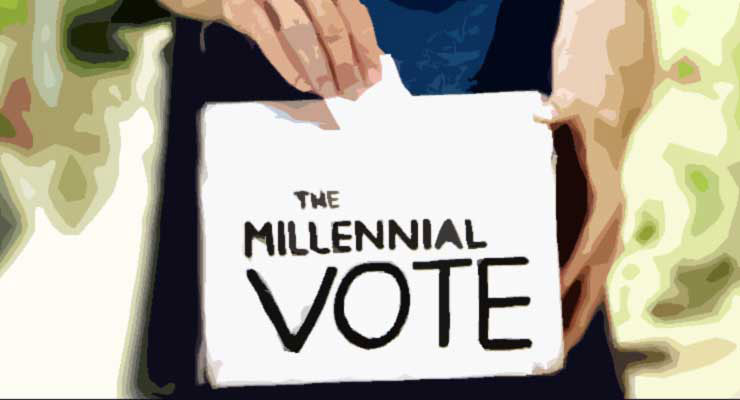
The independent nonpartisan global affairs think tank Chicago Council on Global Affairs held a panel discussion on the impact of millennial demographic generation’s political biases on American democracy. The panel in the video below includes two members of the US Congress, one journalist and one representative from the Chicago Council on Global Affairs. According to the published event description:
Millennials are now the most populous living generation in the United States, and have overtaken baby-boomers and Gen Xers in becoming the largest voting group. As the most sizeable demographic in the electoral system, their opinions and values in shaping future party policies and political institutions are more apparent than ever.
With increased demographic, political, technological, and global shifts to their core platforms, how will the Republican and Democratic parties engage millennials? And with two-thirds of youth fearful about America’s future according to the Harvard Public Opinion Project, how will the parties address millennial concerns and pressing issues on immigration, climate change, and terrorist threats?
The panel was moderated by Natasha Korecki, a senior reporter at Politico and author of Politico’s popular Illinois Playbook. About the panelists:
- Bob Dold, Former Member, US House of Representatives (R-IL10)
- Robin Kelly, Member, US House of Representatives (D-IL2)
- Craig Kafura, Research Associate, the Chicago Council on Global Affairs
For context, the event invite included links to some background reading material and related multimedia:
- Millennials overtake Baby Boomers as America’s largest generation
Richard Fry, Pew Research Center, April 25, 2016 - Democrats and the GOP both have a millennial problem
Eugene Scott, The Washington Post, September 28, 2017 - Young voters want nothing to do with Democrats or Republicans, and I don’t blame them
Kristen Soltis Anderson, Washington Examiner, December 5, 2017 - Millennials across the rich world are failing to vote
The Economist, February 4, 2017
The panel discussion is about 60 minutes. Take a look:
Leave a Reply